Top Job Skills in Floral Design: What Every Florist Needs to Succeed
Floral design is a captivating art form that combines creativity, technical expertise, and an understanding of nature’s beauty. As the demand for skilled florists continues to grow, mastering the right job skills in floral design is essential for a thriving career in this vibrant industry. Whether you’re an aspiring designer or an experienced florist, honing these abilities can set you apart in a competitive market.
Key Highlights
- Creativity, knowledge of floral varieties, and technical design skills are essential for crafting stunning, meaningful arrangements.
- While formal education isn’t mandatory, on-the-job training, workshops, or certifications enhance expertise and credibility.
- Strong business acumen, time management, and team leadership are crucial for florists handling events or managing a business.
- Sustainability, digital tools, and modern design trends are shaping the evolving floral industry, ensuring relevance and innovation.
The Importance of Job Skills in Floral Design
Floral design is more than arranging flowers—it’s about telling a story, evoking emotions, and meeting client needs. By mastering essential job skills in floral design, florists can elevate their work and stand out in a crowded market.
Core Skills for Floral Designers

Creativity and Artistic Vision
At the heart of floral design lies creativity. A florist must envision stunning arrangements that convey emotion, match themes, or celebrate special occasions. This skill involves:
- Color Theory Mastery: Understanding color combinations and their psychological impact.
- Design Principles: Applying balance, proportion, and harmony to create visually appealing arrangements.
- Customization: Tailoring designs to client preferences and event themes.
Knowledge of Floral Varieties
A deep knowledge of floral varieties is essential for any skilled floral designer, as it forms the foundation for creating stunning, meaningful arrangements. This expertise includes:
- Botanical Knowledge: Identifying flowers and foliage, their seasonal availability, and care requirements.
- Cultural Significance: Recognizing the symbolism of flowers across different cultures.
- Flower Pairing: Choosing complementary blooms for cohesive designs.
Technical Floral Design Skills
Beyond creativity, floral design requires a harmonious blend of technical proficiency, precision, and artistic vision. Florists must master the intricate details of arranging flowers while ensuring structural integrity, color harmony, and aesthetic appeal. Key skills include:
- Arrangement Techniques: Proficiency in creating bouquets, centerpieces, and large installations.
- Wirework and Mechanics: Using tools like floral wire, tape, and foam to construct stable arrangements.
- Maintenance: Keeping flowers fresh through proper hydration and storage methods.
Educational Requirements for Florists
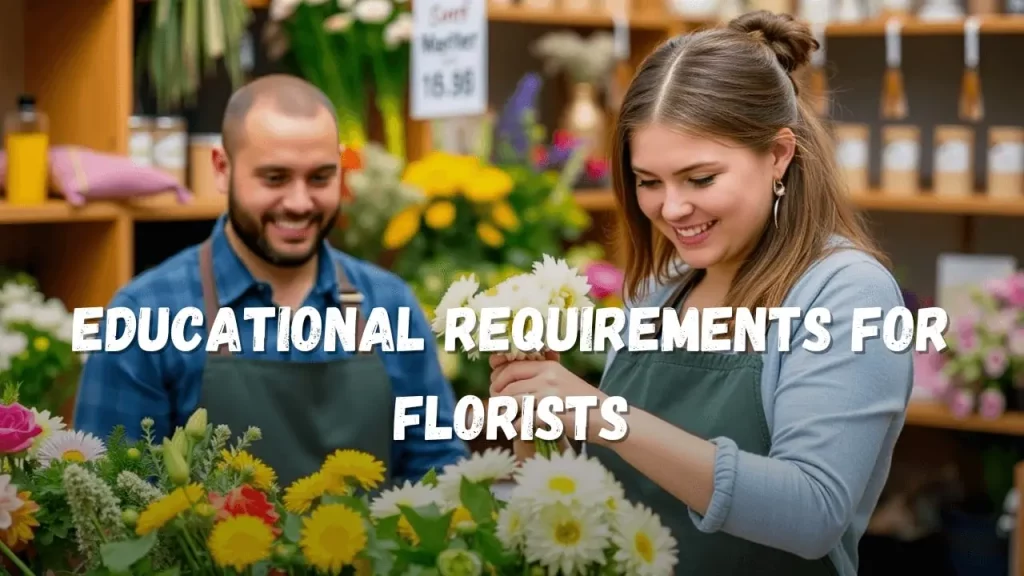
While formal education is not always mandatory to become a florist, acquiring specialized training can significantly enhance your job skills in floral design. Many florists begin with on the job training, but others pursue:
- Certificate Programs: Floral design schools offer certificates that cover arrangement techniques, flower care, and design principles.
- Workshops and Short Courses: These provide hands-on experience and are ideal for learning specific skills.
- Degree Programs: Some colleges offer associate degrees in horticulture or floral design, which can provide a deeper understanding of plant care and business management.
Essential Soft Skills for Success
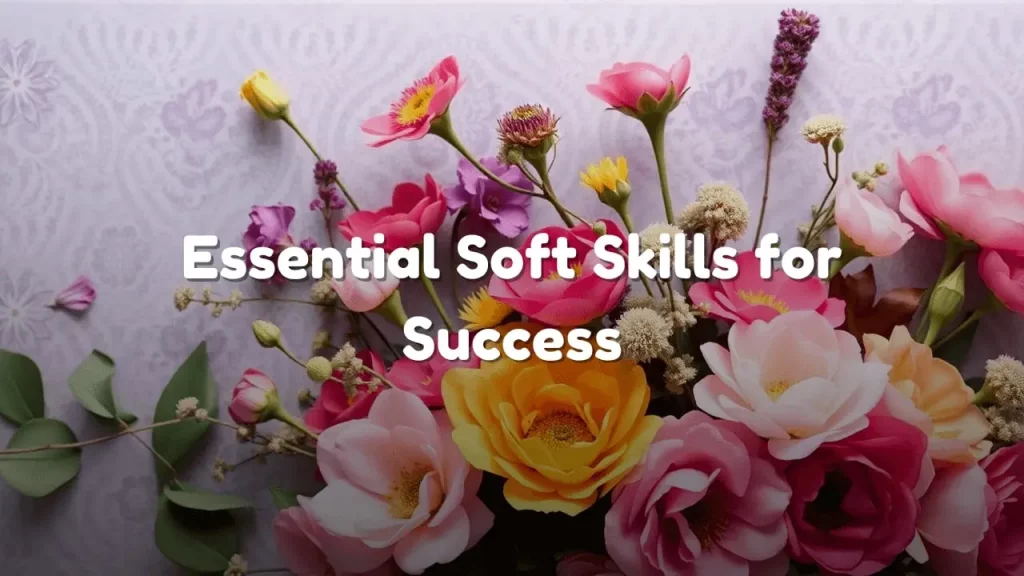
Communication and Interpersonal Skills
Floral designers often work closely with clients to bring their visions to life. Effective communication is vital for:
- Understanding Client Needs: Asking the right questions to capture their preferences and expectations.
- Collaboration: Working with event planners, decorators, and other professionals.
- Customer Service: Providing guidance and ensuring client satisfaction.
Time Management and Organization
Florists often juggle multiple projects simultaneously. Success demands:
- Prioritization: Handling urgent orders without compromising quality.
- Efficient Workflow: Organizing supplies and schedules to meet tight deadlines.
- Problem Solving: Quickly adapting to unexpected challenges, like flower shortages.
Business Skills for Floral Designers
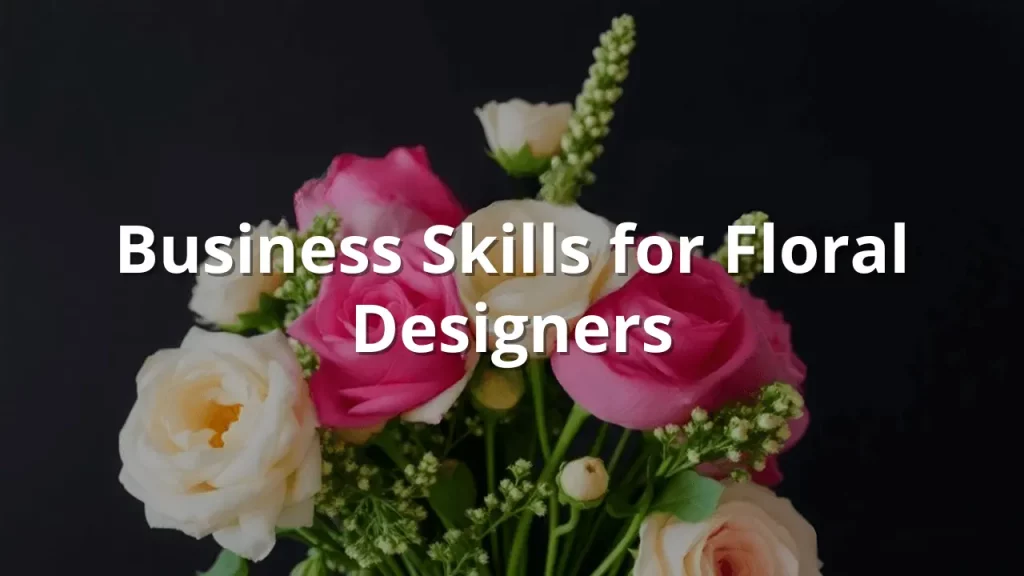
Business and Marketing Acumen
For florists managing their own businesses, entrepreneurial skills are just as important as design expertise. These include:
- Budgeting: Managing costs to create affordable yet exquisite arrangements.
- Marketing: Promoting services through social media, a website, and local networking.
- Salesmanship: Upselling complementary products and services to increase revenue.
Trends and Innovation
Staying abreast of the latest industry trends and innovations is crucial for keeping your floral designs fresh, relevant, and appealing to modern customers. This includes:
- Sustainability: Using eco-friendly materials and methods.
- Modern Styles: Incorporating contemporary design trends like minimalism or bold color contrasts.
- Tech Integration: Using software for design visualization or inventory management.
Adapting to innovations ensures your job skills in floral design evolve with industry demands.
Specialized Skills for Event and Wedding Florists
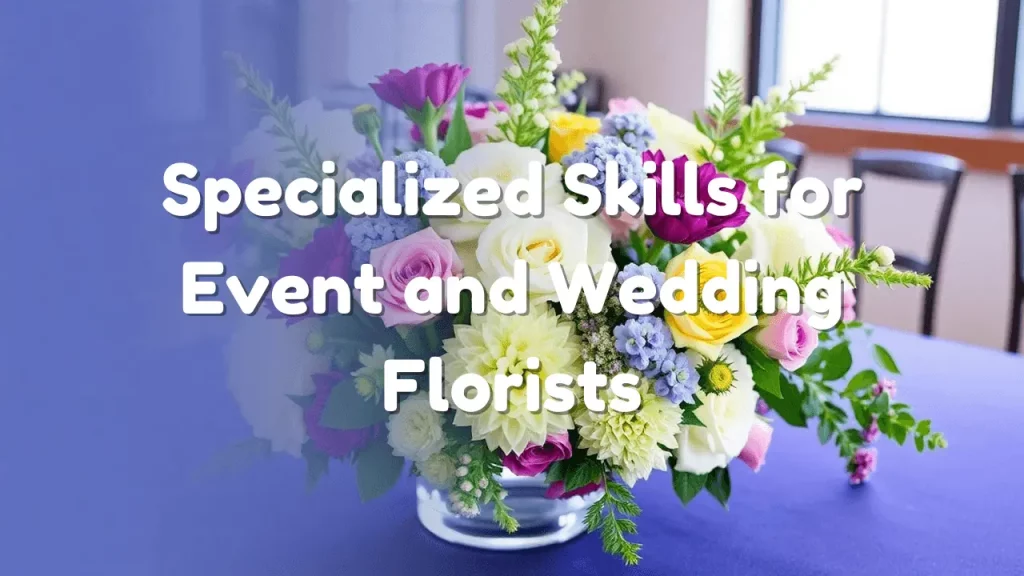
Event-Specific Design Expertise
Florists working on events must possess specialized skills to meet the unique demands of each occasion, ensuring the floral designs are perfectly tailored to the event’s atmosphere. These skills are crucial for creating memorable experiences and include:
- Theme Coordination: Matching floral arrangements with the event’s overall theme and decor.
- Large-Scale Installations: Designing arches, backdrops, and other statement pieces.
- Time-Sensitive Delivery: Ensuring flawless execution under tight schedules.
Specialized event work underscores the importance of advanced job skills in floral design, as it requires the ability to execute complex, large-scale arrangements while maintaining attention to detail and creativity under pressure.
Team Leadership Skills
When managing a team during large events, effective leadership is essential for florists to ensure smooth operations and successful outcomes. Strong leadership skills not only improve team performance but also elevate the quality of the floral designs. Key leadership skills include:
- Delegation: Assigning tasks effectively to team members.
- Quality Control: Ensuring consistency across all arrangements.
- Conflict Resolution: Addressing last-minute challenges calmly and efficiently.
These leadership abilities not only enhance your job skills in floral design but also ensure that large scale projects are executed seamlessly, showcasing your expertise in both design and team management. Developing strong leadership skills is crucial for florists who aspire to excel in high pressure, large event environments.
Future Trends in Floral Design
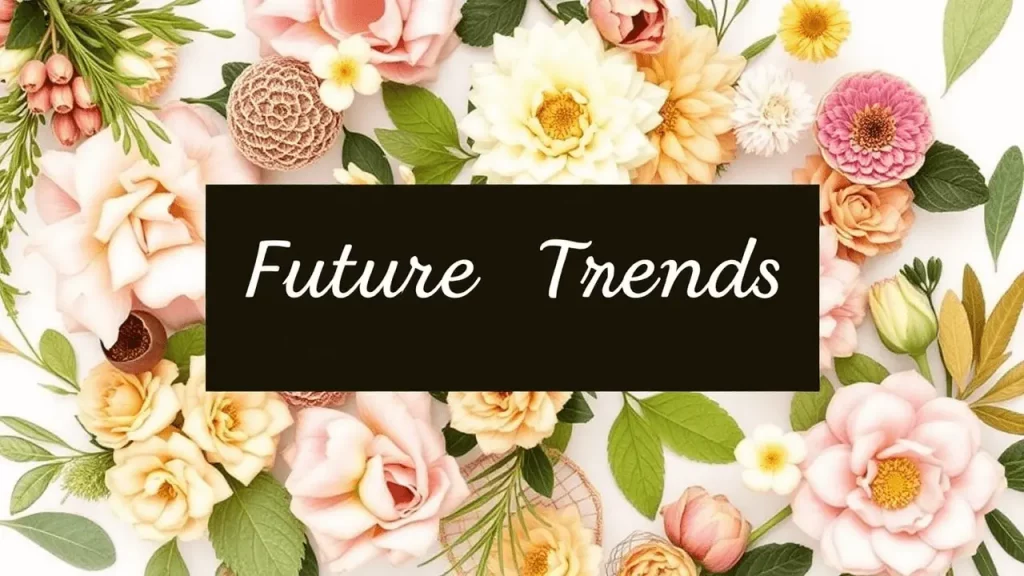
Embracing Digital Tools
In today’s digital age, florists are leveraging technology to expand their reach and improve customer service. These digital tools offer new ways to connect with clients, showcase creativity, and grow businesses. Key opportunities include:
- Virtual Consultations: Meeting clients online to discuss designs.
- E-Commerce: Selling floral arrangements through online platforms.
- Digital Portfolios: Showcasing your work on social media and websites.
Sustainability Practices
As environmental consciousness continues to rise, florists are increasingly integrating sustainability into their practices. This shift not only supports the planet but also enhances the florist’s reputation as a responsible and forward-thinking professional. Key sustainable practices include:
- Eco-Friendly Materials: Using biodegradable floral foam and packaging.
- Local Sourcing: Choosing locally grown flowers to reduce carbon footprints.
- Waste Reduction: Repurposing flowers for multiple events.
Incorporating sustainable methods enhances your professional reputation and showcases your job skills in floral design.
What is the required education for a florist
Becoming a florist does not require formal education, but having a high school diploma or equivalent is typically helpful. Most florists gain experience through on-the-job training in flower shops or retail stores, where they learn about floral design, plant care, and customer service. Additionally, vocational courses in floral design offered by community colleges or trade schools can provide valuable skills and knowledge.
For those looking to enhance their expertise and credibility, certifications from organizations like the American Institute of Floral Designers (AIFD) are also available. Creativity, attention to detail, and strong customer service skills are essential traits for a successful florist.
FAQs
What is a career in floral design?
A career in floral design involves creating artistic flower arrangements for events, celebrations, and decor, blending creativity with plant knowledge.
Can you make money in floral design?
Yes, floral designers can earn through event services, retail sales, or running a floral business, with income based on creativity and business skills.
Is there a demand for floral designers?
Floral designers are in demand for events like weddings and corporate functions, with opportunities growing for those offering unique and eco-friendly designs.
What other jobs are related to floral design?
Related jobs include event floral stylist, horticulturist, wedding planner, garden designer, floral buyer, and interior plant designer.
Where do florists make the most money?
Florists earn the most in metropolitan areas or luxury markets, where demand for premium floral arrangements is high.
How to be a florist with no experience?
Start as a florist by taking workshops, practicing arrangements, interning at shops, and building a portfolio of your work.
Can you be a florist without a degree?
Yes, becoming a florist doesn’t require a degree; hands-on experience, training programs, or certifications are sufficient.
Do florist owners make good money?
Successful florist owners can earn well, especially in high-demand areas or by securing corporate and event-based contracts.
Can I be a self-taught florist?
Yes, many florists are self-taught through practice, online resources, and creating arrangements for personal or small events.
Explore :10 Benefits of Job Growth for Agriculture Teachers in 2025
Share this content:
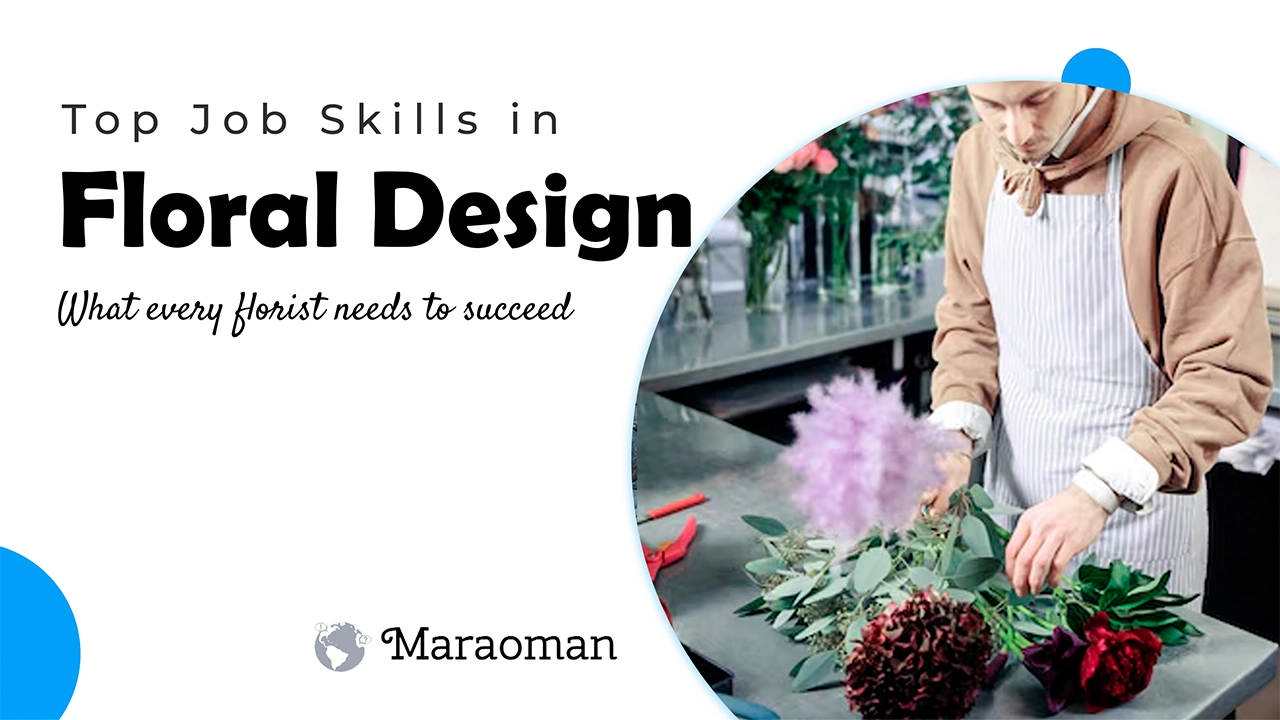


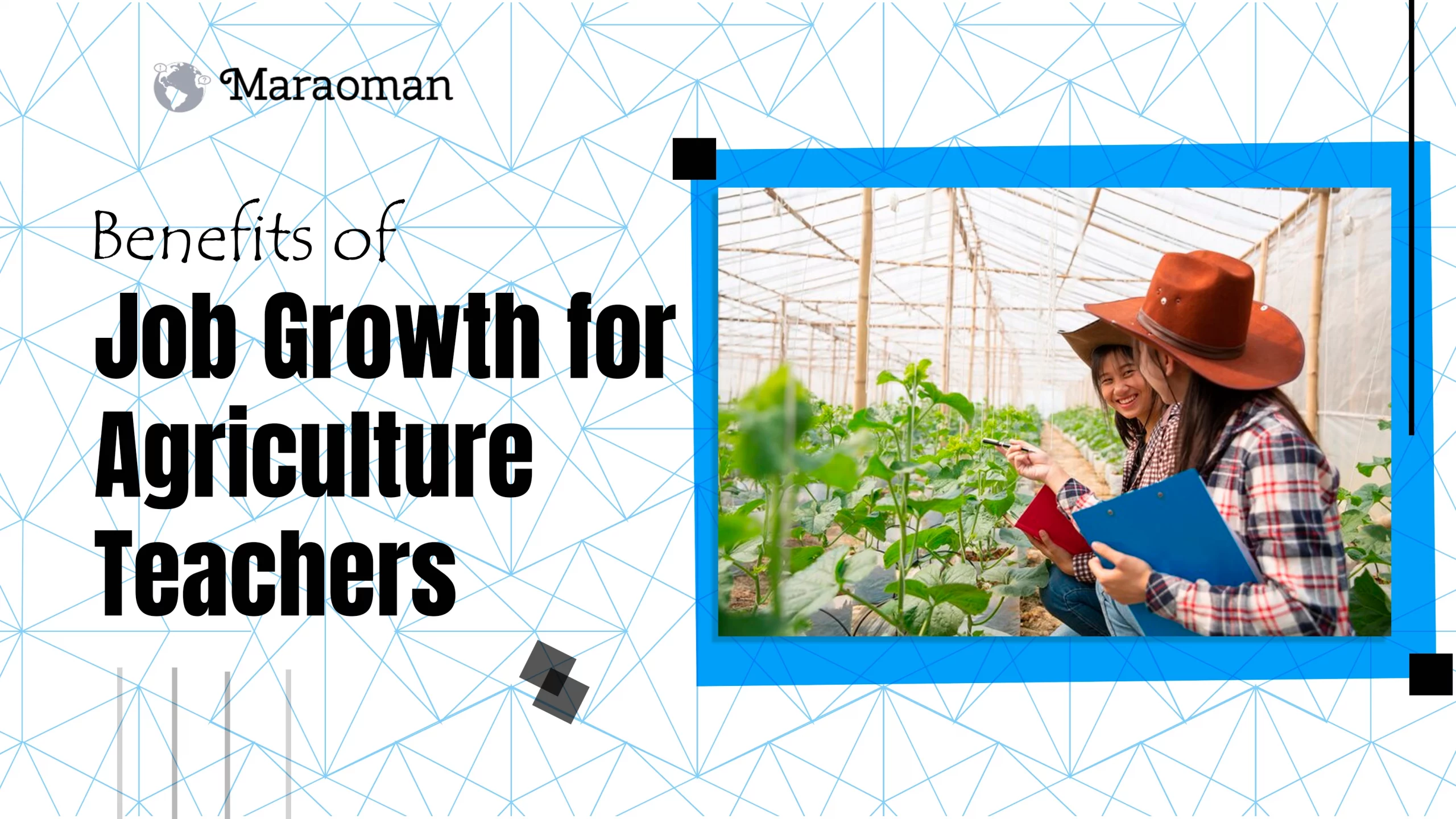






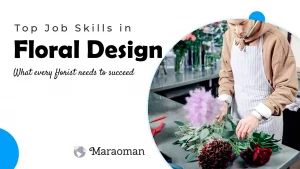




Post Comment